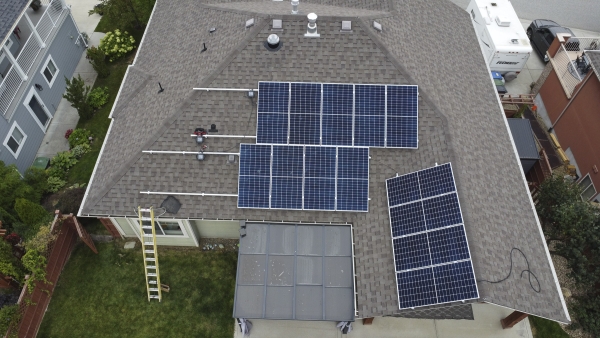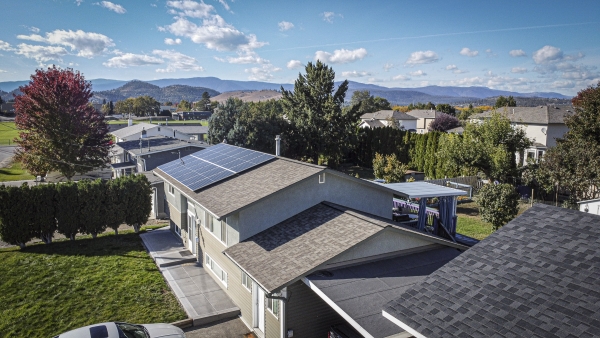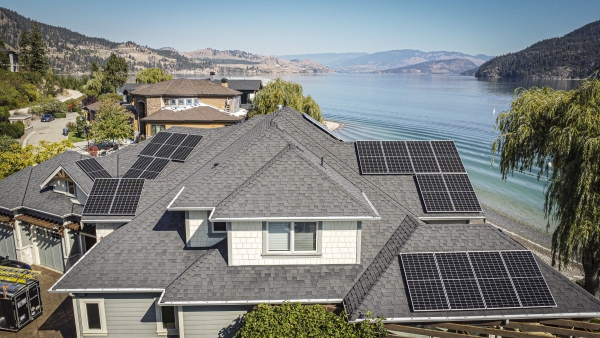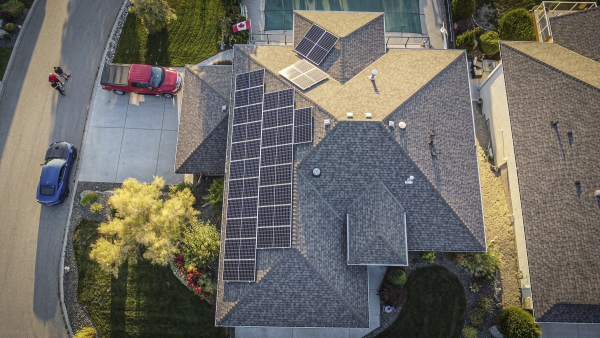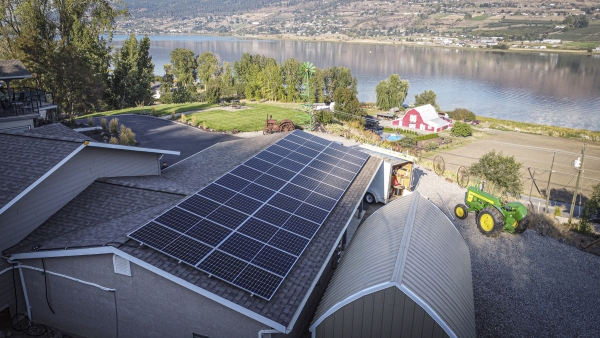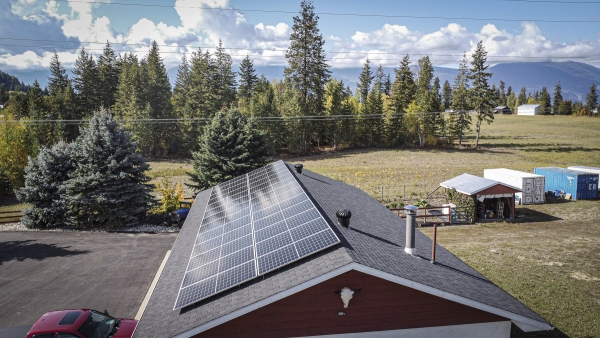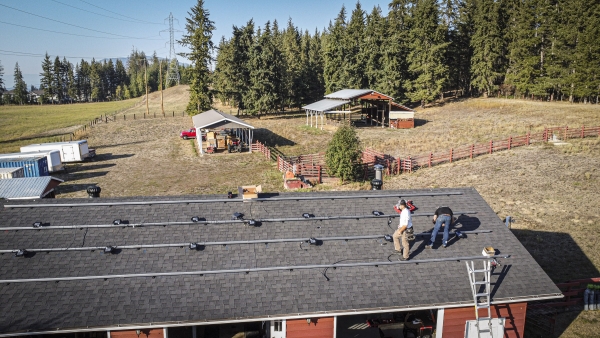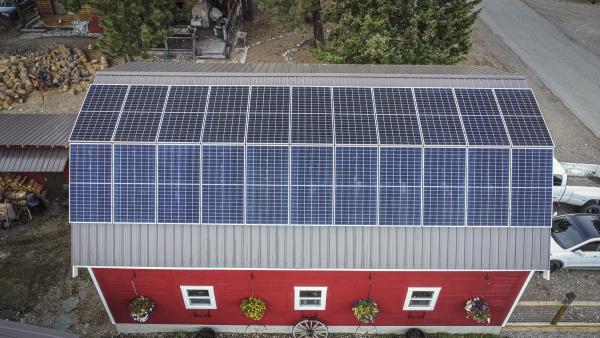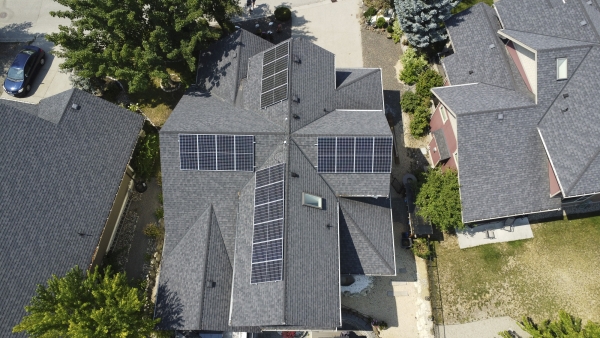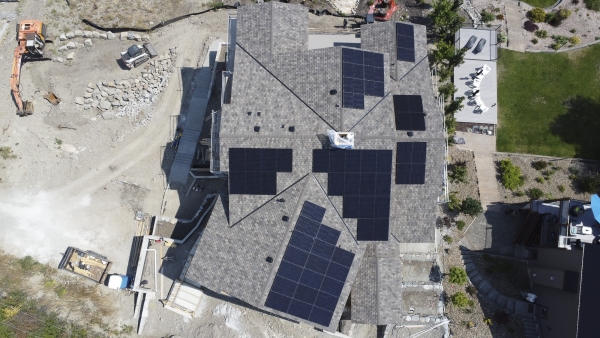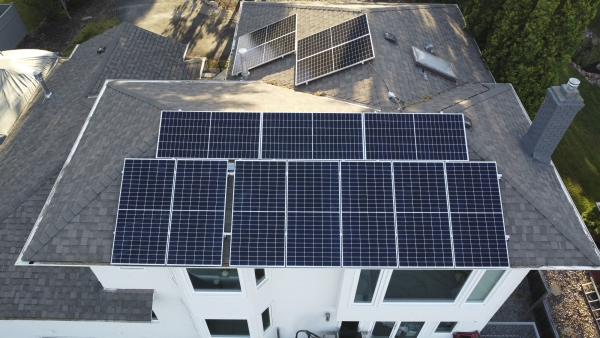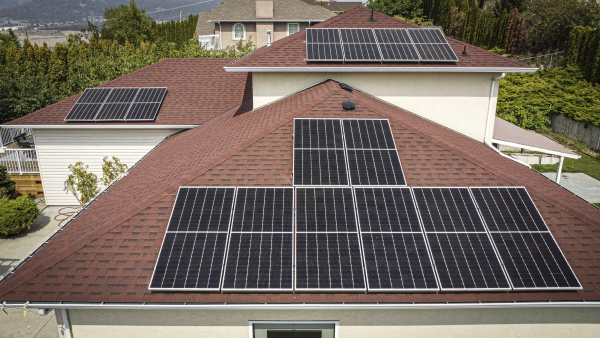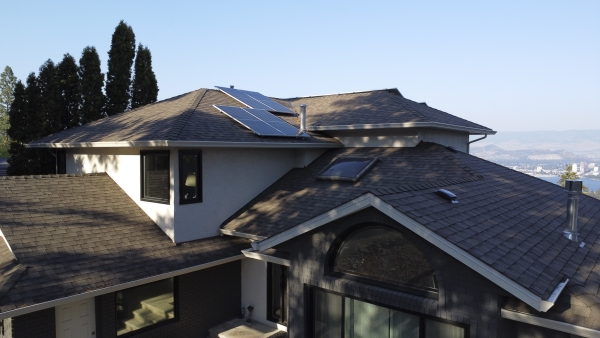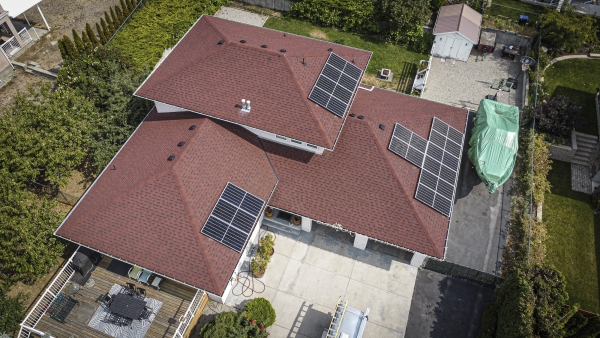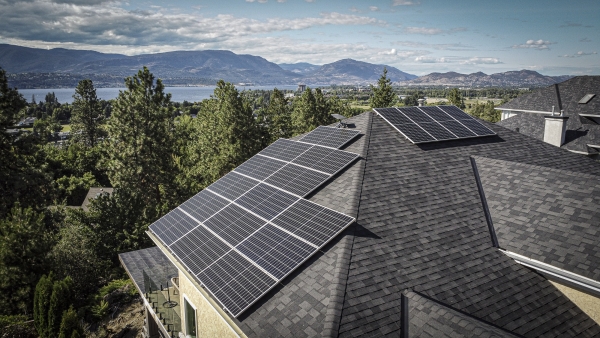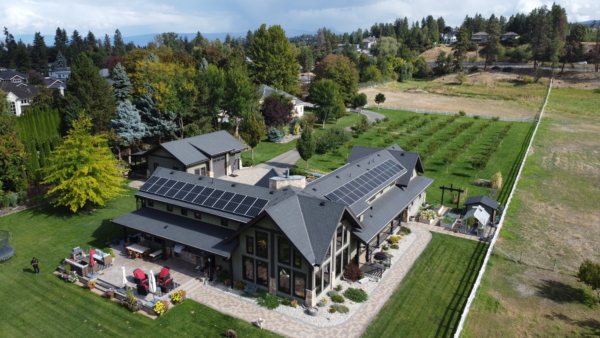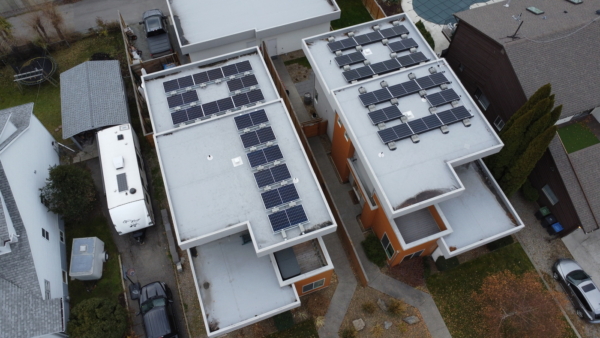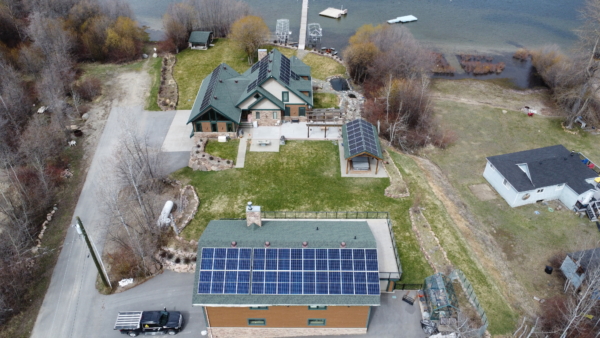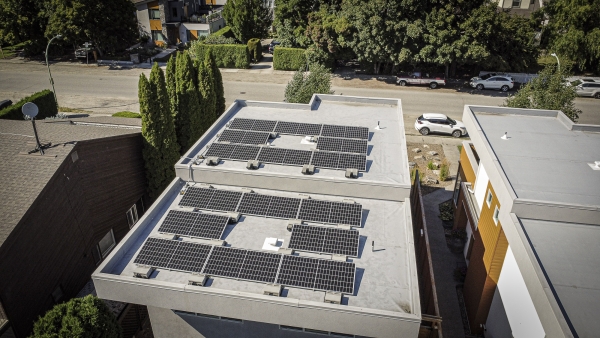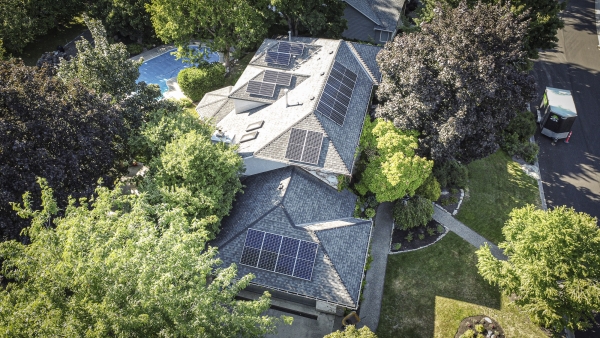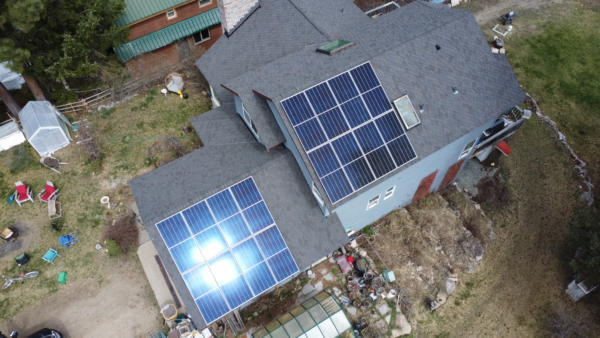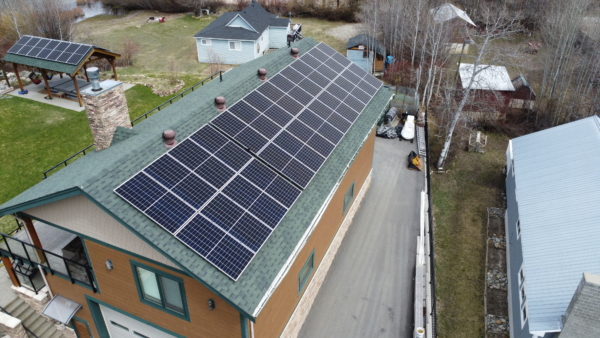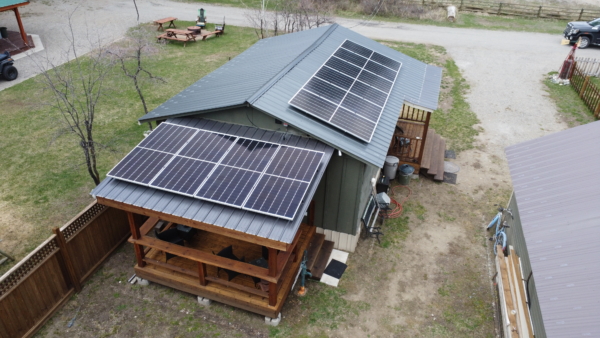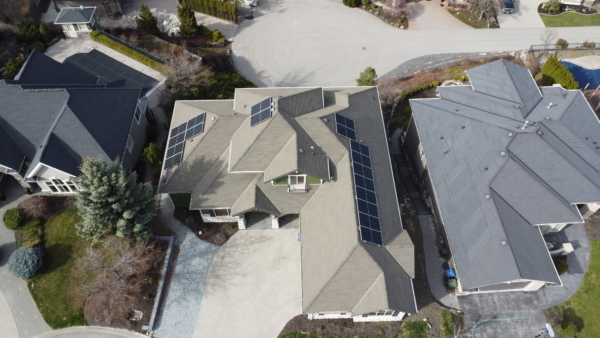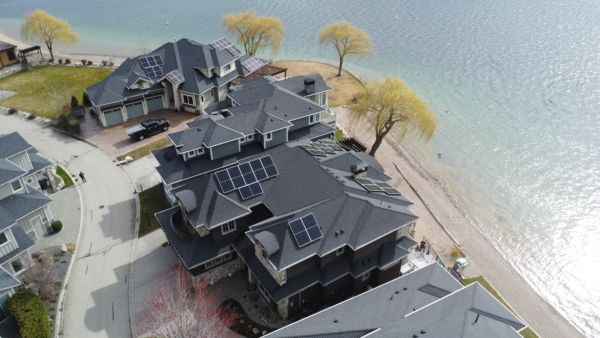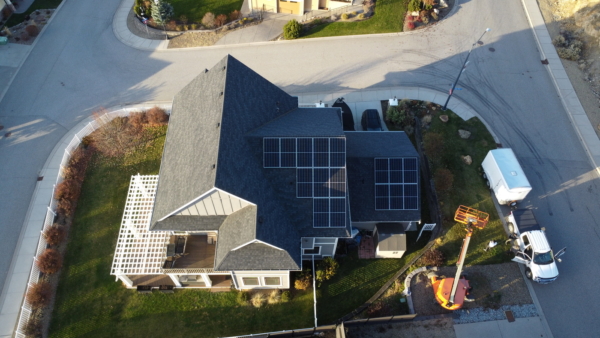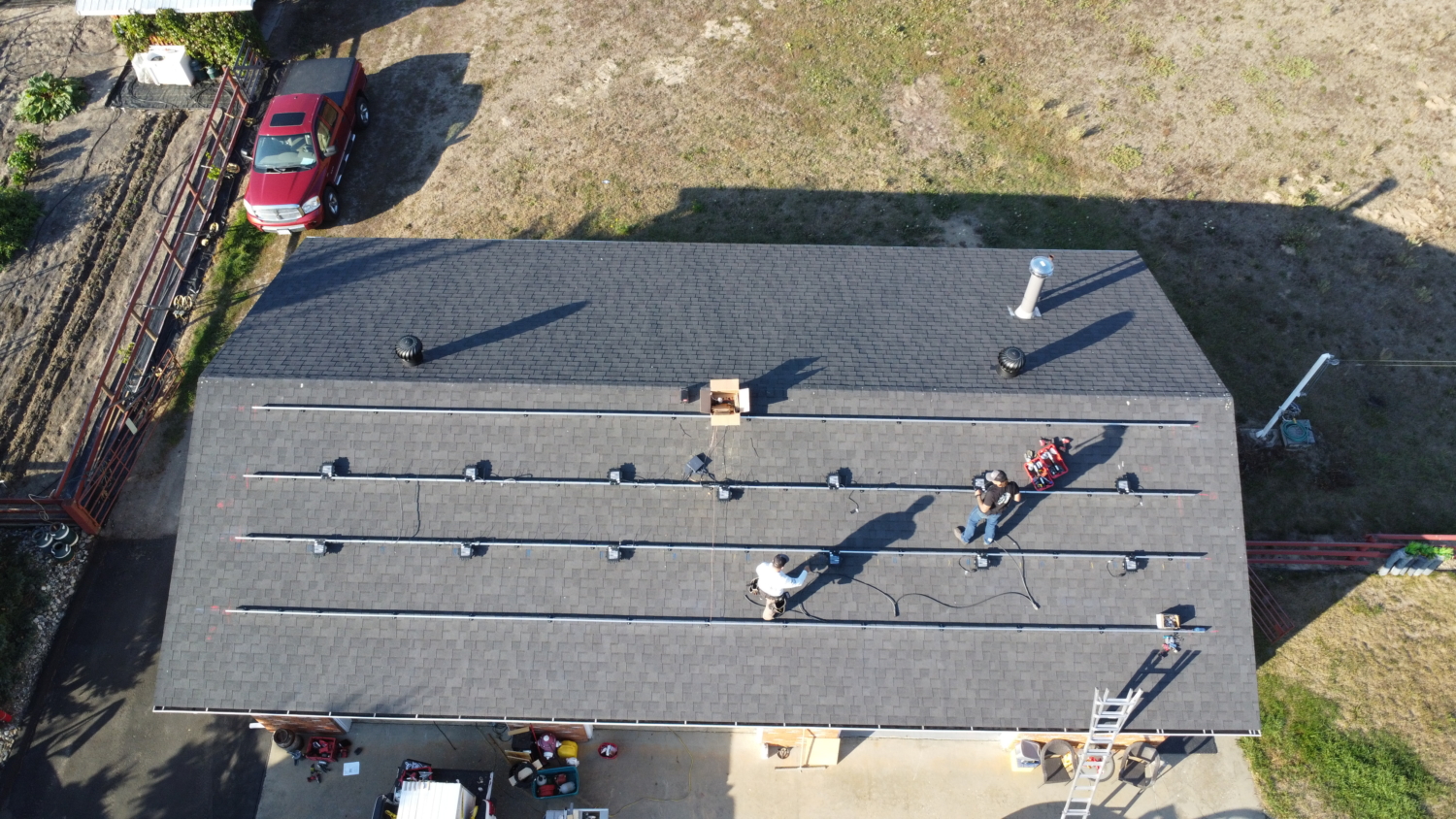
Empower Your Home: Discover the Benefits of Residential Solar Panels
Welcome to Integrated Solar Solutions, your premier destination for sustainable energy solutions in Kelowna and the Okanagan Valley. At Integrated Solar Solutions, we believe in the power of solar energy to transform lives, homes, and communities. With a commitment to excellence and innovation, we specialize in providing top-tier solar panel installations tailored to meet the unique needs of our customers. Whether you’re looking to reduce your carbon footprint, lower energy bills, or increase the value of your property, our team of experts is here to guide you every step of the way. Join us in harnessing the abundant sunshine of the Okanagan region and take the first step towards a brighter, cleaner future with Integrated Solar Solutions.
The benefits of solar panels are multifaceted and extend beyond just monetary savings. Here are some of the key advantages:
Clean and Renewable Energy: Solar panels harness energy from the sun, a virtually limitless and renewable resource. Unlike fossil fuels, solar energy production does not produce greenhouse gas emissions or contribute to air pollution, making it a clean and sustainable energy source.
Reduced Electricity Bills: Installing solar panels allows homeowners to generate their electricity, reducing their reliance on the grid and lowering monthly electricity bills. With net metering programs in many areas, excess energy produced by solar panels can be fed back into the grid, further offsetting costs.
Financial Savings: While the upfront cost of purchasing and installing solar panels can be significant, they offer long-term economic benefits. Solar panels have a relatively long lifespan (typically 25 years or more) and require minimal maintenance, resulting in substantial savings on electricity bills over their lifetime.
Energy Independence: Homeowners become less dependent on utility companies and volatile energy markets by generating their electricity. Solar panels provide more excellent stability and control over energy costs, significantly as electricity prices rise.
Increased Property Value: Homes equipped with solar panels typically have higher property values and sell faster than comparable homes without solar installations. Potential buyers are attracted to lower energy bills and the environmental benefits associated with solar energy.
Environmental Benefits: Solar energy reduces reliance on fossil fuels, which helps mitigate climate change and reduces carbon emissions. By choosing solar power, homeowners can protect the environment and preserve natural resources for future generations.
Job Creation and Economic Growth: The solar industry creates jobs at a rapid pace, from manufacturing and installation to maintenance and research. Investing in solar energy infrastructure stimulates economic growth and contributes to job creation in local communities.
Energy Security: Solar energy is a decentralized energy source, meaning it can be generated on-site at homes, businesses, and other locations. This enhances energy security by reducing dependence on centralized power plants and vulnerable transmission infrastructure.
Versatility and Scalability: Solar panels can be installed on various surfaces, including rooftops, ground-mounted systems, and even integrated into building materials. They can also be combined with energy storage solutions, such as batteries, to provide reliable power during grid outages or at night.
Promotion of Sustainability: Embracing solar energy promotes a culture of sustainability and environmental stewardship. Individuals and communities contribute to a cleaner, greener future for all by choosing renewable energy sources like solar power.

Types of Solar Panels for Residential Properties
In the realm of renewable energy, solar panels stand out as a beacon of hope for homeowners looking to reduce their carbon footprint and lower energy bills simultaneously. With advancements in technology, an array of solar panel options are available for residential properties. Each type has advantages and considerations, catering to different needs and preferences. Let’s delve into the various types of solar panels commonly used in residential settings:
Monocrystalline Solar Panels: Monocrystalline panels are crafted from single-crystal silicon, giving them a sleek black appearance. They are known for their high efficiency, making them an excellent choice for homeowners with limited roof space. Monocrystalline panels also perform well in low-light conditions, making them suitable for areas with variable weather patterns.
Polycrystalline Solar Panels: Polycrystalline panels are made from multiple silicon crystals, resulting in a blue-speckled appearance. While slightly less efficient than monocrystalline panels, they are often more cost-effective. Polycrystalline panels are a popular choice for homeowners looking to maximize their budget without compromising quality.
Thin-Film Solar Panels: Thin-film panels utilize thin layers of photovoltaic material deposited onto a substrate, such as glass or metal. They are lightweight, flexible, and often have a lower profile than traditional crystalline panels. Thin-film panels are ideal for installations where weight and aesthetics are critical considerations, such as on curved or irregular surfaces.
Bifacial Solar Panels: Bifacial panels are designed to capture sunlight from both the front and rear sides, increasing their energy generation potential. They can be mounted on elevated racks or installed with a reflective surface beneath to maximize efficiency. Bifacial panels offer versatility and can be an excellent choice for residential properties with ample space and optimal mounting conditions.
Hybrid Solar Panels: Hybrid panels combine the benefits of photovoltaic (PV) and solar thermal technologies in a single unit. In addition to generating electricity from sunlight, hybrid panels can also capture heat for water or space heating. This dual functionality makes them a compelling option for homeowners looking to offset multiple energy needs with a single system.
Considerations for Residential Solar Panel Selection: When choosing the right type of solar panel for a residential property, several factors should be considered. These include roof space, budget constraints, aesthetic preferences, and local weather conditions. Additionally, homeowners should assess the solar panel’s efficiency, warranty, and lifespan to ensure long-term performance and reliability.
The types of solar panels available for residential properties offer homeowners a range of options to suit their specific needs and preferences. Whether prioritizing efficiency, cost-effectiveness, or aesthetic appeal, a solar panel solution is available to meet every requirement. By understanding the characteristics and considerations associated with each type, homeowners can make informed decisions to harness the power of solar energy and transform their homes into sustainable havens for the future.

